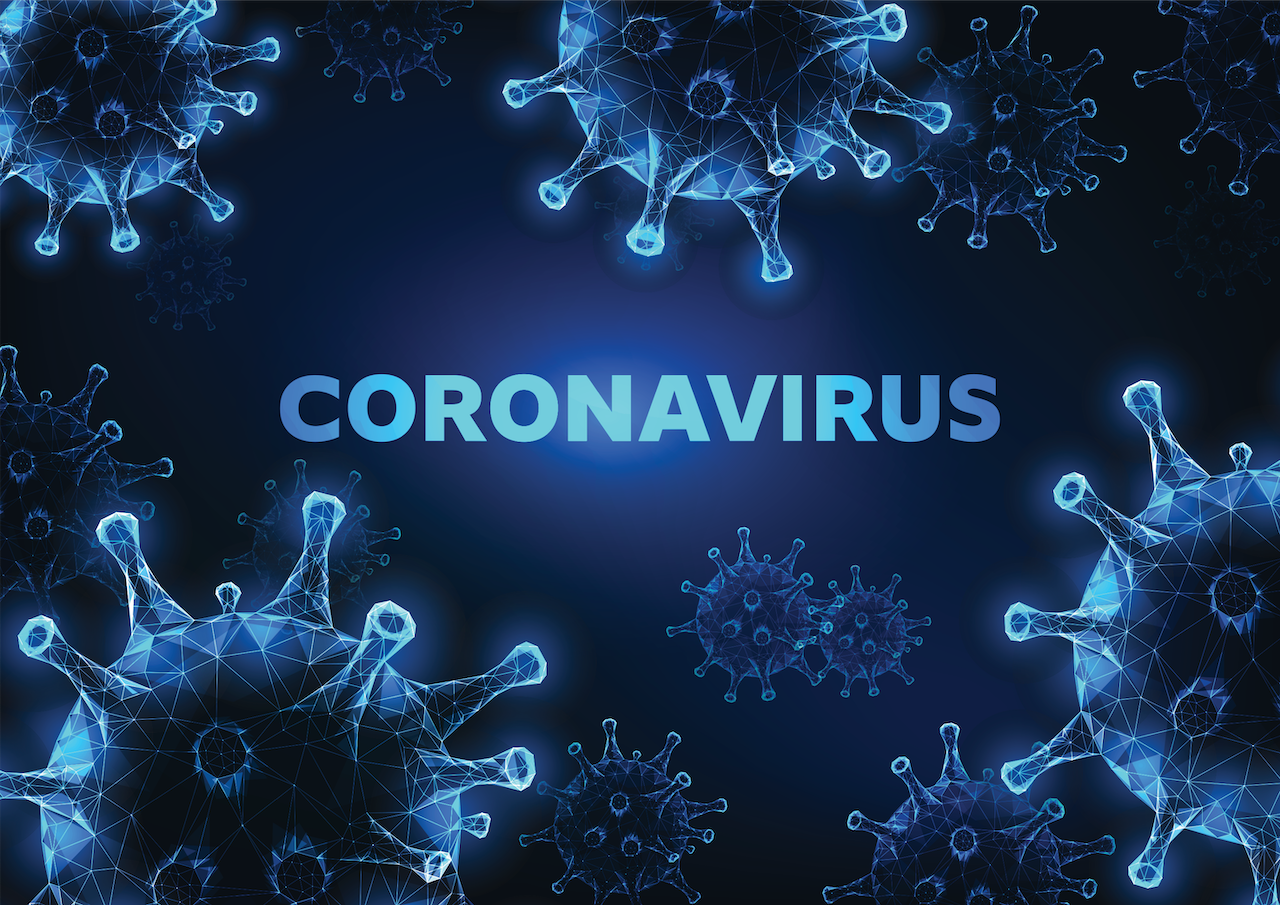Having co-founded a janitorial company 20 years ago I have lived through the news alerts of many past outbreaks such as SARS, Ebola, MERS, Swine Flu, and Bird Flu. Now in the headlines is the Wuhan Coronavirus.
Every time without fail, the media gets in front of these outbreaks and incites fear to lead the way. The reality of our industry is that we deal with infectious disease prevention daily. This is not new and it is not media news. I will outline a few events that are typical in our industry every time this happens. Then, I’ll share a few basic standard operating procedures that should be applied regardless of an outbreak and some informative resource links.
The janitorial industry has a few common factors that need to be considered. Since our job entails cleaning bathrooms, wiping down high frequency touch points and emptying trash, WE are at a greater risk for encountering an infectious disease. Most of our employees are low wage. Many of our employees don’t speak English. The hiring pool for our industry is shrinking every day and on top of that we typically have high turnover. The result of these factors is that in the event of a widely publicized outbreak, the fear of catching a virus will make your employees reconsider their positions. Without a strong hiring pool, absenteeism will become a serious concern.
To help combat these industry factors a culture of communication and training is critical. Quick and efficient communication to your teams is important early on when news reports begin to spread fear. If your employees know that you are addressing their fears, they will trust you. If they trust you, they are more likely to remain loyal. Having a training program in place will ensure that your employees feel knowledgeable on best procedures. A standard operating procedure (SOP) will be extremely beneficial when training employees. Any time an outbreak event occurs you should utilize the opportunity to address those parts of your SOP that refer to PPE, disinfection procedures, waste handling and emergency action plans.
While there are entire schools of thought and best practices to the topics above, I’ll highlight a few basics to help if you don’t have a standard operation procedure in place.
PPE (personal protective equipment) – Gloves. There is no reason that your employees should not be wearing gloves.
Don’t touch your face (eyes, nose, and mouth). Use masks in an elevated risk environment. N95
Wash your hands! – (20 seconds in hot water and then use a hand sanitizer with 70% plus alcohol)
After cleaning, always change your clothes, plastic bag them and wash them. Don’t forget your shoes. Have a set of shoes you only use for cleaning and store them in a bag in your vehicle.
Disinfection procedures – Avoid cross contamination. Don’t mix your towels. If you are using one in the bathroom do not use it at the front desk. Make sure towels are bagged after use.
Disinfection chemicals. Check with your supplier and read up on this. Basically, if you are using bleach make sure it has more than 5% and a dwell time of 5 minutes. (It needs to be in a wet state for 5 minutes to kill viruses.) If you are using industrial hydrogen peroxide, make sure it is at least 7%.
Waste handling needs to be taken seriously. Used tissues from someone who has had a runny nose will be in the trash. A common practice I’ve seen is leaving a roll of bags under the primary bag in a trash can, so the housekeeper does not need to bring a roll of bags while emptying trash. This is a bad idea. You should put an end to this practice if you are using it.
Putting hands in the trash to compress the bag is always a bad idea. Never compress trash. Loose bag and then tie.
Never separate recycling once it has been put in trash.
Emergency action plans – Again this is a huge area of study. To start, make sure your employees understand what they are trained to do and what they are not trained to do. Promote a stop work plan. A good practice is to enforce the understanding that your employees have the authority to stop work at any job site if they feel the environment is not safe. The return to work is then only authorized once a supervisor accesses the situation.
A couple of informative reference links:
ISSA had a webinar on Feb 5 presented by their GBAC professionals.
CDC Coronavirus prevention
Creating an SOP
CDC Disinfection guidelines
https://www.cdc.gov/infectioncontrol/guidelines/disinfection/disinfection-methods/chemical.html
Written by Trevor Smith

